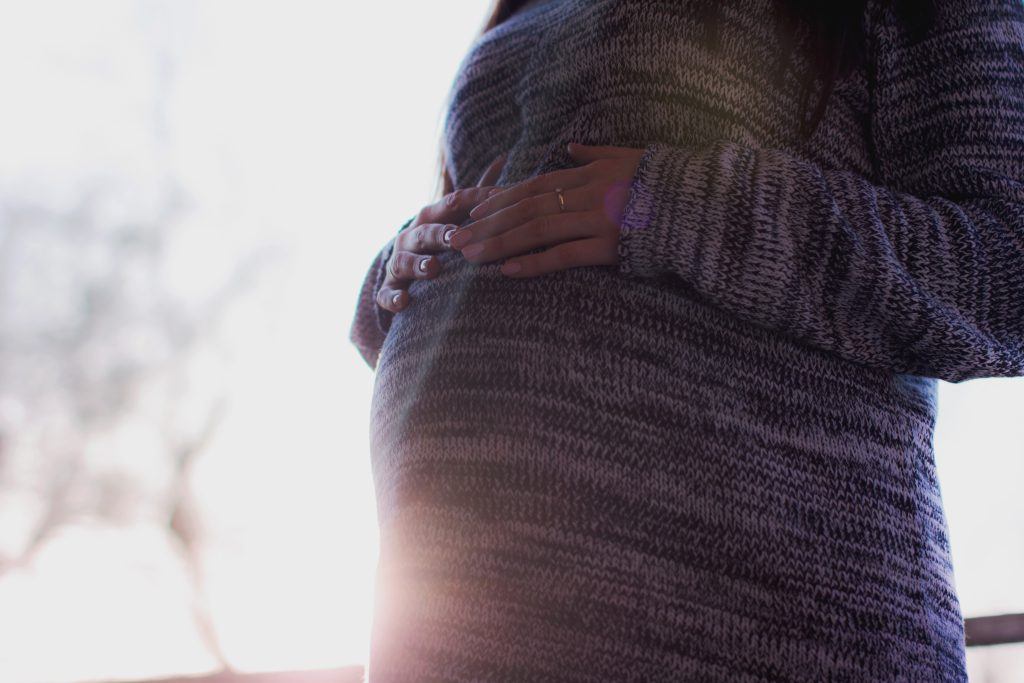Both the Commons and the House of Lords have recently voted for the UK to be the first to accept the creation of a baby using DNA originating from three different people.
This IVF (in vitro fertilization) technique is known as mitochondrial replacement therapy and concerns the prevention of certain genetic diseases, which could potentially assist up to 2,500 women of reproductive age in the UK.
The popular press, perhaps unfortunately, coined the phrase “three parent babies”, which immediately upped the ante in the debate and brought forth intense discussion involving church and pro-life groups.
In particular this has concerned the ethics of this procedure, set against long held fears of designer babies and eugenics. Safety concerns have also surfaced and there have been warnings that any children of this technique could be born sterile or be at risk of cancer and premature aging.
There has also been international condemnation where authors have commented that, because these children would have heritable genetic changes, that there are significant risks to the health of future generations.
Mitochondria are present to generate energy for the cell. They come from the mother and have their own genetic material, which sits alongside the germ line DNA of the “conventional” mother and father.
The thought that this DNA might constitute parentage (i.e. the third parent) brings forth some interesting legal points. Parenthood has both a genetic and social meaning, although the former is regarded as the fundamental tie between parent and child.
This contribution must be both direct and immediate. To clarify, grandparents provide a quarter of a child’s DNA but are not accorded the status of “half“ genetic parents.
The recent proliferation of assisted reproductive technologies has of course complicated matters and given that the donor of the mitochondria is making a direct and immediate contribution of generic material, then in my view, we have a new biological parent.
In preparation of this article, I have found it difficult to make the counter argument. Pertinent to this of course, is now the fact that the new (third) parent is a second female parent.
Avoiding this issue by trying to claim mitochondrial donation is merely a tissue donation is not adequate. Others may say that the contribution of the third parent to the child’s DNA is low, less than 0.1%, but in the world of genetics, where we are examining disease-causing changes which occur at a frequency of one in three thousand million (the size to the human genome), this is significant.
We simply do not know enough to say that the mitochondrial DNA will have no material effect on the characteristics of the child.

In the UK, the mother is the person who carried the child and gave birth, the father is the man who provided the sperm. So what could be the status of the donor of the mitochondria? Is it that they have the same status as a donor of an egg or sperm for IVF or perhaps the status of those who donate blood, organs or bone marrow?
Egg or sperm donation is in effect normal reproduction from a genetic point of view but the donation of mitochondrial DNA does not fall into that category; it may create a set of unique parental rights. Equally, mitochondrial donation cannot be considered simply as a tissue donation; there is an impact on future generations as the DNA will be passed on.
Since the courts quite rightly take the view that a child should “know” its biological parents, the second female parent may well wish to take an interest in the child (via appropriate application of her Parental Responsibility rights) or they may wish to give up Parental Rights.
Their view may change over time; how the donor feels at the time of donation could be very different to how she feels once the child is born.
Current provisions under the Human Fertilisation and Embryology Act 2008 do not cover this situation adequately. For example, a Parental Order as it relates to surrogacy (to gain or relinquish parental rights) can only be granted after a child has been born (and then for a fixed period only), not at the point of conception.
Perhaps the mitochondrial donor will be able to gain Parental Responsibility via a court order or a formal ‘parental responsibility agreement’ with the child’s birth mother (let us presume that she is the egg donor as well…it gets even more complicated if she is not!).
If the premise of the second female parent is accepted, which I believe it should be, then we are in new legal territory as it relates to assisted reproduction and it is likely that several legislative amendments will be required to provide for mitochondrial donation.
Dr Neil Sullivan is General Manager of Complement Genomics Ltd, which provides the dadcheck®gold service for parentage testing. He is a PhD level molecular biologist with a LLM in commercial law and has a particular interest in consent.
Share this:
